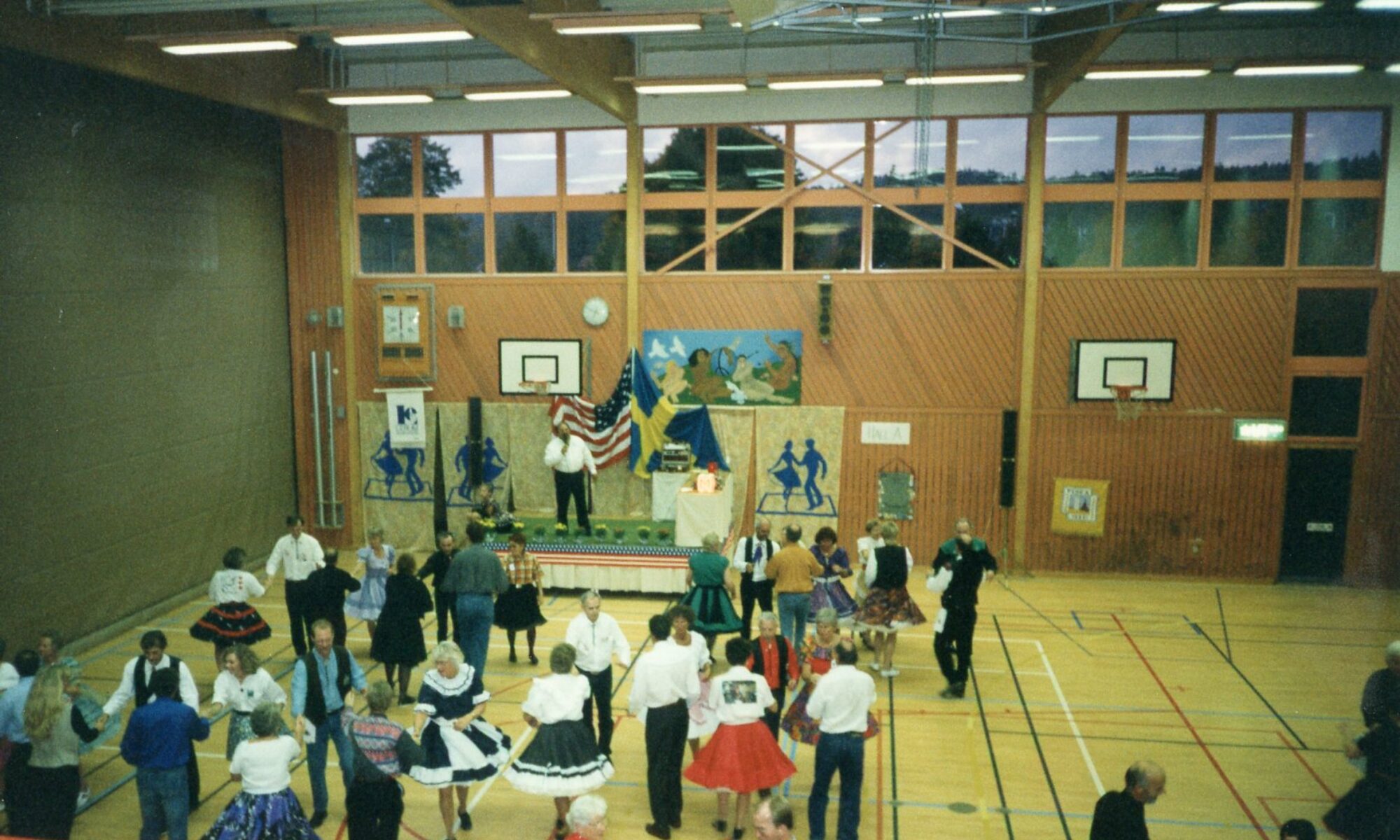The honest and social ramifications of information exploration, algorithmic curation and automation in the context of social networking have-been of enhanced concern for a variety of experts with appeal in electronic news nowadays, with specific concerns about privacy developing in the context of cellular and locative media. Despite their unique broad use and financial benefits, cellular matchmaking applications have obtained small scholarly attention out of this views – but they are intensive websites of information generation, algorithmic processing, and cross-platform data-sharing; bound up with contending countries of production, exploitation and rehearse. Contained in this paper, we explain the ways various forms of information is included in, and appear from, hook-up programs’ businesses logics, socio-technical arrangements, and cultures of good use to produce multiple and intersecting facts countries. We recommend a multi-layered studies schedule for important and empirical inquiry into this area, and indicates proper conceptual and methodological frameworks for exploring the social and governmental difficulties of data cultures.
Introduction
The technique of everyday life try entangled with electronic news, particularly cellular media (Goggin, 2006), and also this reaches gender and romantic relationships (Light, 2014). Dating sites and programs – service that offer the search for enchanting and sexual lovers become progressively developed for cellular devices. Certainly mobile online dating apps – including mobile models of pre-existing internet dating sites – were a really substantial subsector of this burgeoning ‘app economy’ (Goldsmith, 2014).
The growth in internet dating programs in the last three years has fuelled both market excitement and personal anxiety within the traditional news and tech press (Holmes, 2015; Marinos, 2014; Riley, 2015; Stampler, 2014), even though the ethics and politics of programs like Tinder and Grindr are normal subjects of topic in well-known digital news fora. With a few significant conditions (for example. Ellison et al., 2006, 2012; Gibbs et al., 2011), matchmaking and hook-up website and apps have actually, until lately, become examined mostly regarding specific features and certain class, specially gay men (Blackwell et al., 2015; Brubaker et al., 2016; Gudelunas, 2012; Light, 2016a; Light et al., 2008; Mowlabocus, 2010; competition, 2010, 2015). But the sharp rise in mass media coverage in the last five years suggests a moment of bulk take-up. These developments is providing renewed common and main-stream scholarly attention to the technical mediation of sex and romantic affairs, resulting in a small but expanding sub-field of research dedicated to cellular matchmaking and hook-up applications (Albury and Byron, 2016; David and Cambre, 2016; Duguay, 2017; Ranzini and Lutz, 2016).
Cellular phone online dating programs bring into razor-sharp relief the growing sociocultural ramifications of cellular and locative news more generally, specially around closeness and confidentiality (Goggin, 2006; Hjorth and Lim, 2012; Light, 2016a). The convergence of community and private lifestyle associated with cellular social media ensures that the engineering that mediate relationship, affairs and gender tend to be attached to various other areas of our everyday life and identities in latest techniques.
Meanwhile, problems like ‘Big Data’ and algorithmic curation tend to be of main issue to critical personal technology analysis in the field of digital news and communications (Boyd and Crawford, 2012), especially with respect to the governance of and regulation by social media networks (Gillespie, 2017). In this  industry, growing vital and empirical attention will be settled to the ways that seemingly mundane technical attributes of digital media platforms, applications and equipment mediate among the fighting welfare regarding the businesses providing the networks, the marketers and dataminers whom take advantage of the info created by consumers, and diverse communities of consumers by themselves – discover eg Gerlitz and Helmond’s (2013) work with the Twitter ‘like’ button. On the internet and cellular internet dating sites and apps include intricate and data-intensive, as well as mediate, profile and therefore are molded by societies of sex and sex. This makes all of them especially fascinating sites of research based on how different forms of intimate individual and personal facts become mined and exploited by companies, and resided with and discussed by customers – put another way, for diverse, multiple and intersecting facts cultures.
industry, growing vital and empirical attention will be settled to the ways that seemingly mundane technical attributes of digital media platforms, applications and equipment mediate among the fighting welfare regarding the businesses providing the networks, the marketers and dataminers whom take advantage of the info created by consumers, and diverse communities of consumers by themselves – discover eg Gerlitz and Helmond’s (2013) work with the Twitter ‘like’ button. On the internet and cellular internet dating sites and apps include intricate and data-intensive, as well as mediate, profile and therefore are molded by societies of sex and sex. This makes all of them especially fascinating sites of research based on how different forms of intimate individual and personal facts become mined and exploited by companies, and resided with and discussed by customers – put another way, for diverse, multiple and intersecting facts cultures.
